Do Unschoolers Use Curricula?
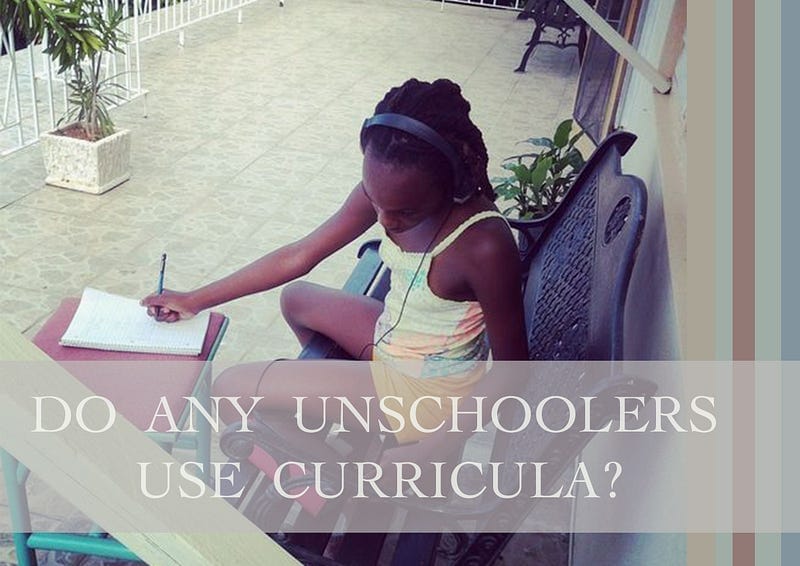
Our oldest unschooling child — Marley (age 13) — is ready for a curriculum. I know this because I am a magical, woke-ass, exceptional person who has mothering down to a precise gotdamb science.
Or, if I was being honest instead of impossible, I’d tell you that I know conclusively that Marley is ready for curriculum because she asked for one. That’s actually the only way I could know conclusively, because she and I, along with her father, partner up in support of her learning journey.
She literally said she realized that she wants more structure, and asked for help refining a schedule for her daily routines, her goals for the rest of the year, and her increasing interest in college.
So, with the help of a few other people in our community, we’re compiling resources to create a curriculum for Marley centering psychology, philosophy, performance art, and creative fiction. She has already studied some of these areas through YouTube pages like CrashCourse, and the old school route, library books. Now, we will help her challenge herself and connect topics and timelines that she hadn’t connected before.
There’s a myth that unschoolers, or other families involved in other forms of Self-Directed Education, are against structured learning methods. Naah.
Definitely, naah. In fact, for some families, part of the need for a self-directed approach to living and learning is partly in anticipation of structured, deep, more conventional learning methodologies when a young person is intellectually and emotionally invested in a particular course of study.
Not all unschoolers or SDE families will agree with this, namely because the term “in anticipation of” takes us away from being present with our child as they are now, and over to the conventional schoolishness that pulls parents and educators through a fear-based academic obstacle course that is then forced upon children.
Still, it’s a reality for some, and that reality doesn’t interrupt the learning process with prescriptive, ineffective approaches to education that focus more on test scores than social context, personal confidence, and community engagement.
In unschooling, adults learn how to recognize life as a series of learning experiences that are sometimes concentrated into blocks of time that we may view as learning. But other times, during those times when children and teenagers are seemingly meandering about without the “benefit” of our rules and lessons, that is actually the time we should be protective of them. That’s when we can be Mama/Papa Bears and defend their right to do the things that will fully equip them for clarity and real confidence to own their interests, to use their curiosity to define a path.
The problem is that when we were children, we also got shoved into the second part of the plot, the deep studying part, without the benefits of the necessary first part — the foundation. The way we root ourselves and learn to value our roots. We end up being in our forties and fifties before we even know how to recognize our own roots as different from the ideas and fears other people put in our young minds.
When we commit to the work of raising free people, we see children’s way of being for what it has always been. They are building a bridge between circumstance and intentional life design, and that bridge is Self-Directed Education.
For my family, unschooling is way to stay in the practices and patterns that nurture:
…sustainable, enduring success and personal fulfillment
…a groundedness in one’s self
…a sense of connection or sense of value toward where one comes from
…intentionally engaging with the community outside the home or designated learning space.
All of that, when built by children in partnership with adults who trust them, creates the ideal conditions for learning. And not just learning as personal experience; learning that creates output that benefit people, promote learning, and solve real issues inside communities.

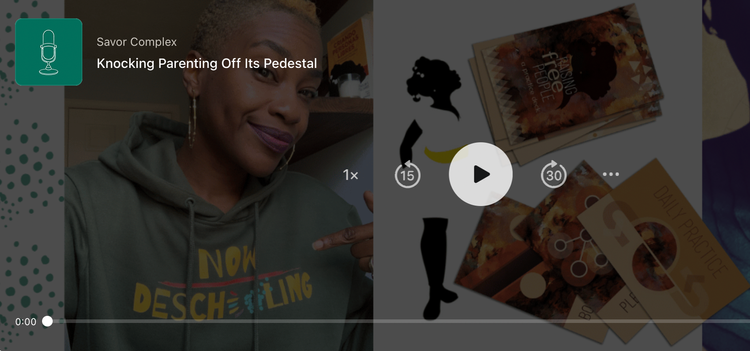
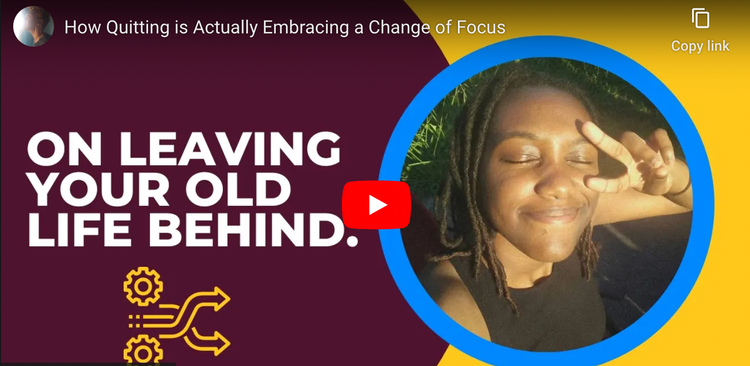
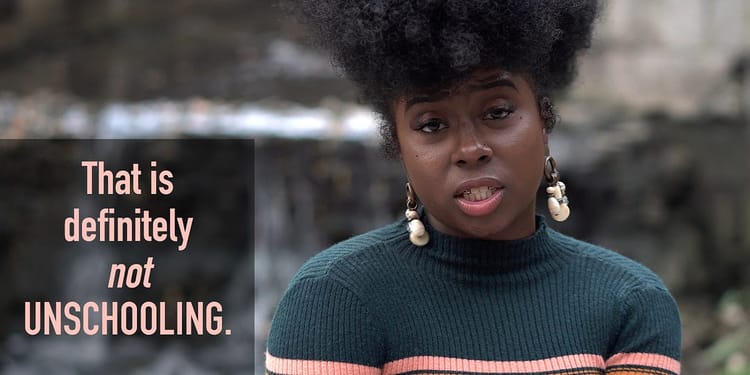

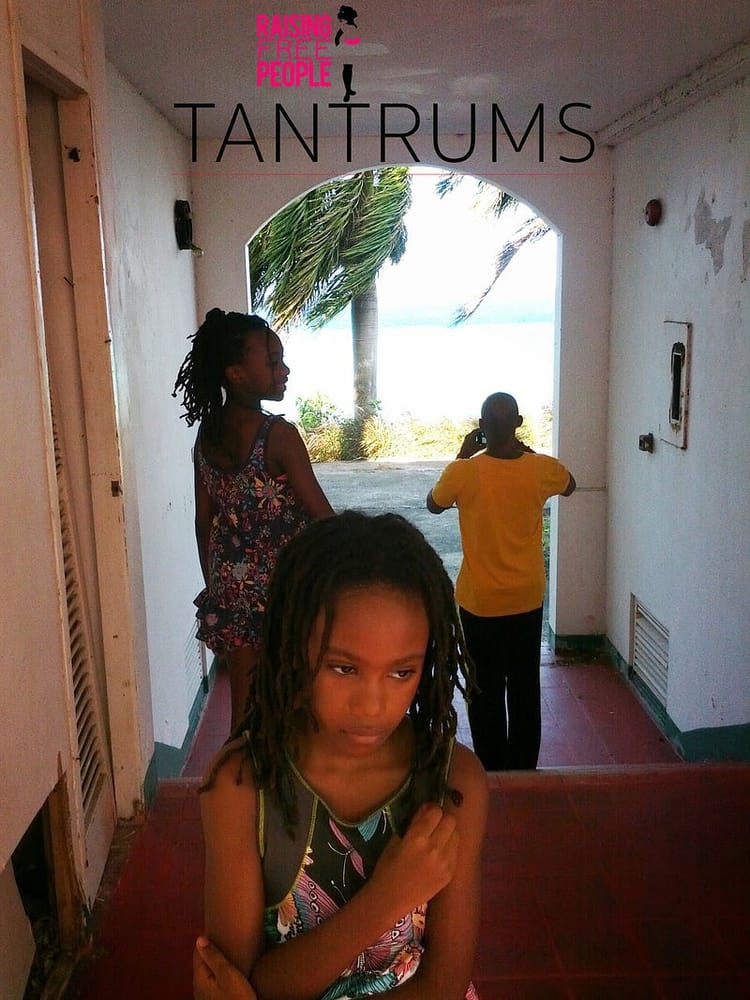
Member discussion